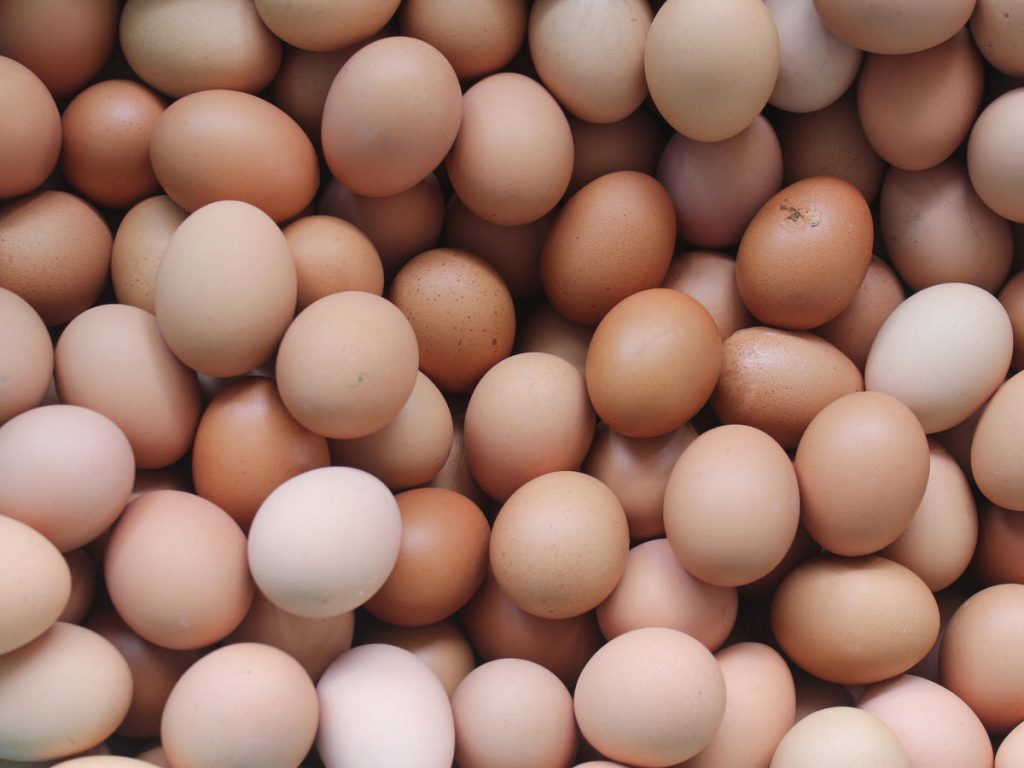Nutrition of children, too, appears to now have become a subject of politics in the country. A research scholar from the Tata Institute of Social Sciences has pointed out in an article on ‘The Wire’ that children in schools and anganwadis covered by mid-day meal or ICDS programme in states ruled by the BJP are not being served eggs with the meal. Eggs have been prescribed as superfood by nutritionists; however, the scholar argues, “11 of the 15 BJP-ruled states, including Uttar Pradesh, refuse to provide eggs to children in schools” as they have been “influenced” by the “saffronised” vegetarian lobbies. The scholar has raised a very valid point about the restrictions imposed by BJP governments in states based on their pro-vegetarian ideological slant. She also goes on to point out how Tamil Nadu and Kerala pioneered in including eggs as part of mid-day meals in schools and achieved the lowest rates of child malnutrition nationally. But an even more important point to be looked into, perhaps, is whether eggs are part of the natural diet of peoples across the country. At a time when science has delved into the genetic bases of diet, including matters such as lactose tolerance, there should be adequate scientific evidence to support the assumption that eggs are suited for all kinds of people and that they are natural part of different diets. The best part about the serving of eggs at schools is possibly that they are easy to cook and serve. In the case of a vegetarian meal, there are a lot of factors that need to be taken into consideration and there are several points where things can go wrong. Eggs, if they are produced from farms that are run maintaining the best of standards, may be nutritionally beneficial for children. But the very same food if produced from factory farms that indiscriminately use antibiotics and other such elements to boost production, have the potential to harm children. Government agencies cannot be trusted completely with testing and clearing egg meant for consumption of children, given the technological and moral limitations involved. The current approach to child nutrition appears to be a ‘one size fits all’ kind of thing. It is yet to be established without room for doubt whether eggs can be the ‘sole saviours’ against malnutrition in children and that there is no alternative food that can substitute for it instead. The question here is also one of choice now. Children have no role in what diet is provided to them at present. They are passively complying with the state’s policy that a meal with eggs, or one without it, is good. The country and its governments should, at least in the future, shed their nutrition policies meant for children of all political hues. The structure should be such that children are made part of decision-making and the food they are served and its ingredients are locally sourced and prepared. It would be unwise to prescribe either a vegetarian or non-vegetarian diet lazily. The diversity of diet across the country will also have to be taken into consideration and an active feedback mechanism should be created to ensure that children are able to not just eat what is prescribed but have food they need, like and relish. Eggs need not be the sole solution.
Prescription food

- Categories: Edit
- Tags: editorialEggs in schools and anganwadisORISSA POSTPrescription food
Related Content
Raisina Exodus
By
Post News Network
January 17, 2026
Carving The Globe
By
Post News Network
January 14, 2026
Political Rot
By
Post News Network
January 13, 2026
Dhurandhar to Present
By
Post News Network
January 12, 2026
Self-Sabotage
By
Post News Network
January 11, 2026
Policy Paralysis
By
Post News Network
January 10, 2026